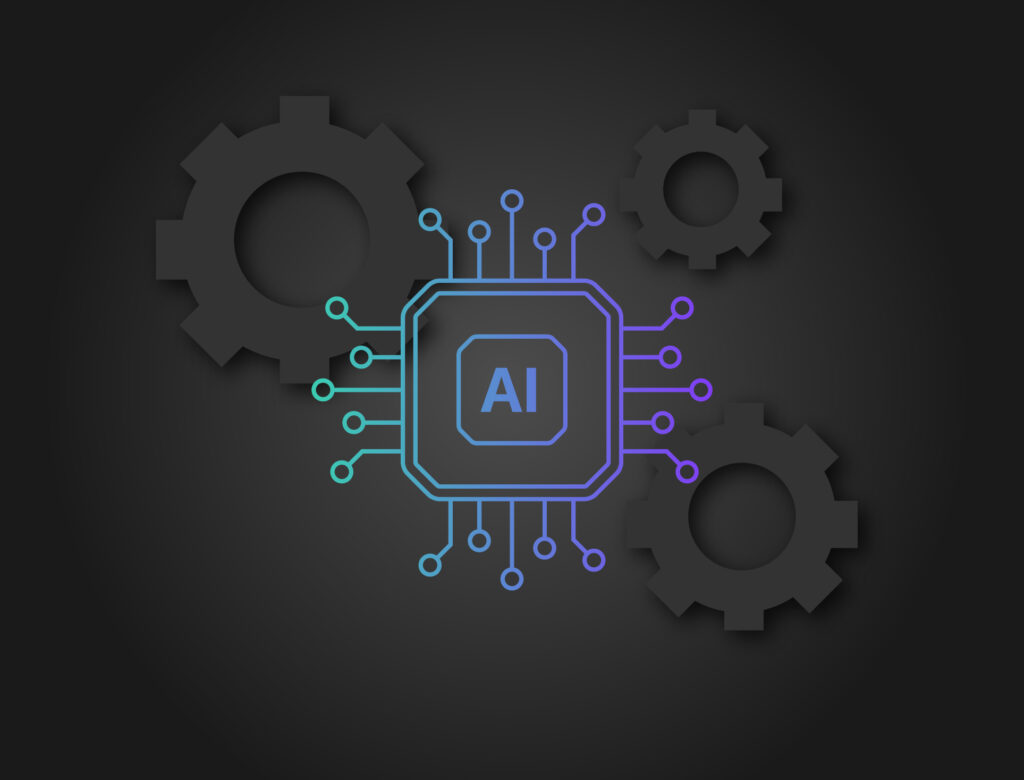Artificial intelligence (AI) is rapidly transforming our world, permeating various aspects of our lives from facial recognition technology to personalized recommendations on streaming services. While AI offers immense potential to improve our lives, its development and application also raise significant ethical and societal concerns. This necessitates the implementation of robust and effective AI regulation to ensure the responsible development and deployment of this powerful technology.






